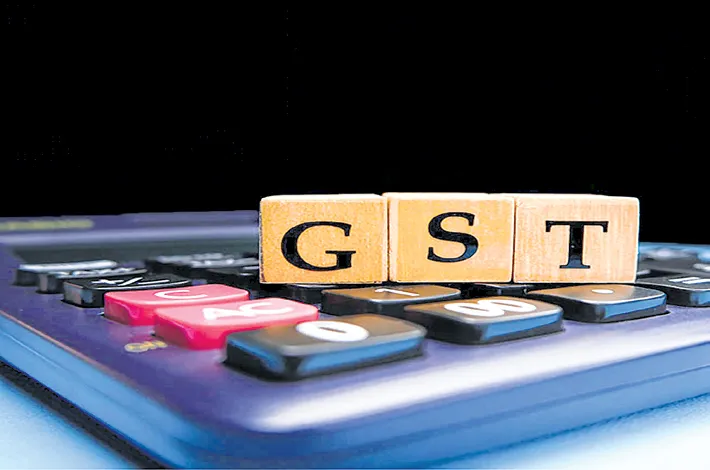‘GST reform to promote EoDB’
25-09-2025 12:00:00 AM

FPJ News Service mumbai
The landmark GST reforms should progressively result in a sustained positive impact through significant gains in ease of doing business (EoDB), lower retail prices and strengthening of consumption growth drivers, according to the RBI bulletin released on Wednesday.
A higher kharif sowing is expected to translate to a sustained growth momentum in the agriculture sector, while also keeping food prices under check. The transmission of the front-loaded monetary policy easing measures have been robust.
Coupled with income tax relief for households and employment augmenting measures, the stage is set for a sustained pick-up in consumption demand in H2 and potentially for a virtuous cycle of higher investments and stronger growth impulses, overcoming persistent global uncertainties.
Global uncertainty remained elevated in the wake of lingering US trade policy uncertainties with key trading partners, renewed concerns on fiscal health of advanced economies (AEs) and geopolitical risks.Despite uncertainties clouding the economic outlook, the global purchasing manager’s index (PMI) rose to a 14-month high in August with manufacturing PMI moving into the expansion zone accompanied by a robust expansion in services sector activity.
The government has come out with the GST 2.0, a two-rate structure (5% and 18%), replacing the earlier four-rate duty regime. The new rates have come into effect on September 22.One of the articles in the bulletin said the Indian economy exhibited marked resilience as evident from the five-quarter high growth during Q1:2025-26, propelled by domestic drivers.








